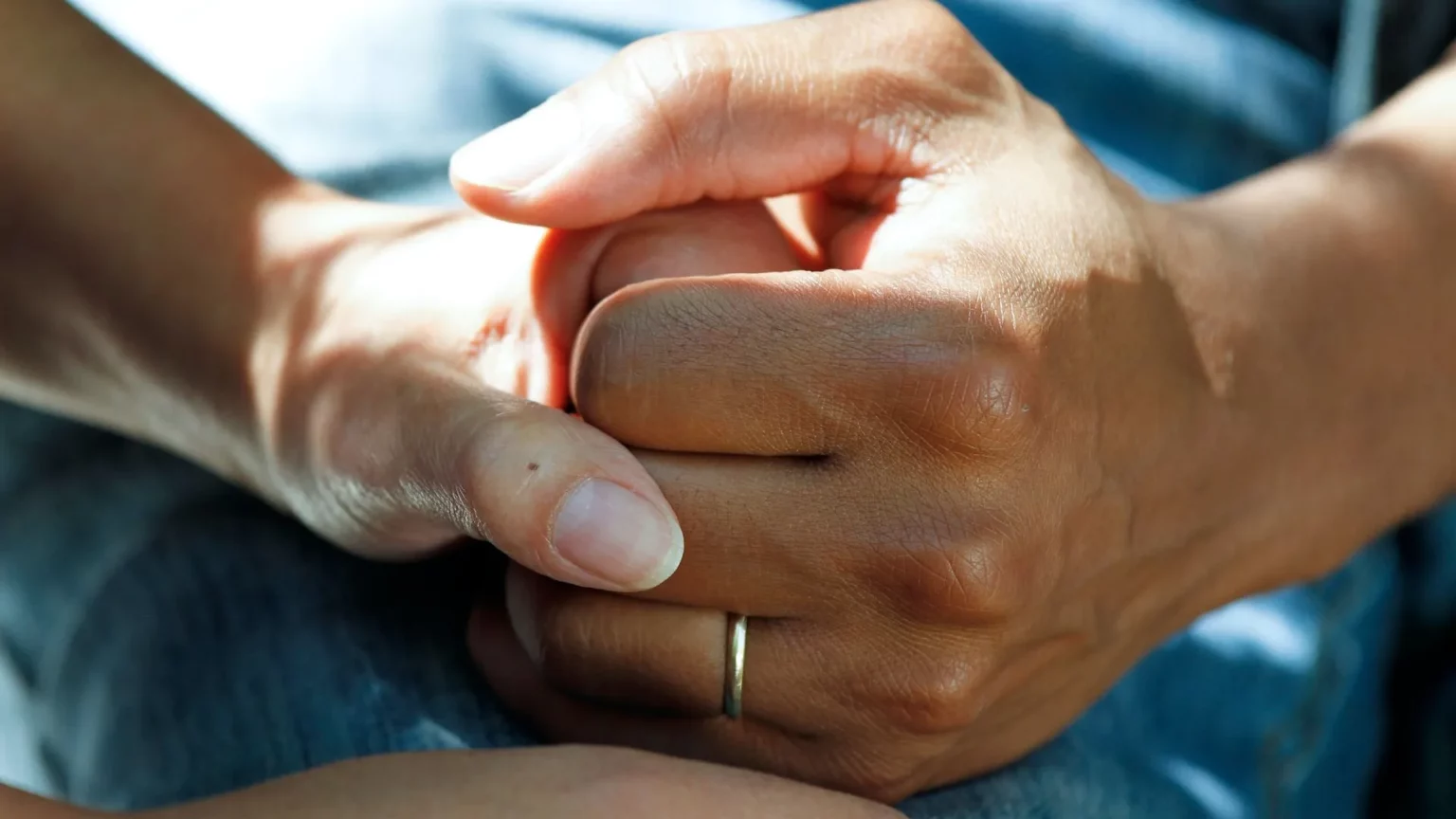How Does New Jersey Define Medical Malpractice?

Are You Suffering From Medical Malpractice?
In New Jersey, medical malpractice is defined as an act of professional negligence by a healthcare provider that results in injury to a patient. This includes any acts or omissions made by the healthcare provider in the diagnosis and treatment of a medical condition that falls below the accepted standard of care.
The accepted standard of care refers to how a reasonable, prudent person would have acted if presented with the same situation under similar circumstances.
Medical malpractice may include misdiagnosis, delayed diagnosis, failure to diagnose, improper treatment or medication errors, or even incorrect surgical procedures. In some cases, it can also include providing inadequate instruction on aftercare or failing to provide proper follow-up treatments.
For an individual to bring forth a claim for medical malpractice in New Jersey, the patient must be able to prove that he or she suffered an injury resulting from a breach of the accepted standard of care owed by the healthcare provider. If it is proven that there was no deviation from the accepted standard of care, then a claim for medical malpractice will not succeed.
In New Jersey, all claims for medical malpractice must be brought within two years from when the injured party knew or should have known they were injured because of negligence on behalf of a healthcare provider.
Additionally, claims involving minors must be brought forth before their thirteenth birthday or within two years after they reach majority age. In any case, failing to file a lawsuit within this time frame could result in the dismissal of a case.
If you or someone you know believes that they have been a victim of medical malpractice in New Jersey, then it is important to seek legal advice as soon as possible. An experienced lawyer will be able to review your case and provide guidance on how best to move forward with filing a claim for medical malpractice.
How Is Liability Assigned in A New Jersey Medical Malpractice Case?
In a medical malpractice case in New Jersey, the practitioner or institution that caused injury to the patient is liable for damages. The state of New Jersey has enacted special laws governing medical malpractice cases, which are known as the Medical Care Access and Responsibility and Patients First Act (MCARE). This act establishes certain standards of care that all healthcare providers must meet when treating patients.
When determining liability for medical malpractice in New Jersey, it is important to consider all parties involved in the incident. Under MCARE, both individuals and institutions can be held responsible for any injuries suffered by a patient due to negligence or recklessness. In addition, employers may also be held liable if an employee’s actions led to harm to a patient.
When assessing liability for medical malpractice in New Jersey, the court will consider a variety of factors. These include the standard of care that was provided, any breach or negligence by the practitioner or institution, as well as any contributory negligence on the part of the patient.
The extent and severity of the injury also play an important role in determining liability. In some cases, multiple parties may be found to share culpability for medical malpractice depending on their roles in causing harm to a patient.
In addition to assigning liability according to a fault, New Jersey follows a comparative negligence rule when awarding damages in medical malpractice cases. This means that even if it is determined that both parties were at least partially responsible for a patient’s injury, the amount of damages awarded is determined by the percentage for which each party was found to be responsible. For example, if a patient was found 30% responsible for their injuries, then any damages that are awarded would be reduced by 30%.
By understanding how liability is assigned in medical malpractice cases in New Jersey, patients can take steps to ensure that they receive appropriate compensation for any harm caused by negligence or recklessness.
Additionally, this knowledge can help healthcare practitioners and institutions know what legal obligations they owe to their patients and how best to avoid potential liability when providing care.
Who Can Be Held Responsible for My Medical Malpractice Injury?
In addition to the medical professionals responsible for providing care, other parties may be liable for a New Jersey Medical Malpractice Injury.
These parties include:
- Hospital Administration and Management – Administrators or managers of hospitals or healthcare facilities may be held responsible if they fail to properly train their staff and ensure that they adhere to safety regulations.
- Equipment Manufacturers – If faulty medical equipment is used by a doctor or hospital in treating a patient, then both the manufacturer and seller can be held liable for any resulting injuries.
- Insurance Companies – If an insurance company fails to cover treatment for an injury due to negligence, then it can also be held liable. Furthermore, if an insurance company fails to investigate a claim promptly, then this could also be grounds for liability.
- Medical Device Manufacturers – If faulty medical devices are used to treat patients, then the manufacturer can be held responsible for any resulting injuries due to product liability.
- Pharmaceutical Companies – In some cases, pharmaceutical companies may be liable for an injury caused by a medication if it was not properly tested or labeled.
It is important to note that these parties may only be held liable if their negligence contributed to the injury. Therefore, if you have suffered from a New Jersey Medical Malpractice Injury, it is important to consult with an experienced attorney who can determine which parties should be held accountable.
An attorney will also be able to provide you with legal guidance and representation in pursuing a claim for damages. Doing so will help ensure that you receive the full compensation you deserve for your injury.
What Compensation Can I Collect?
Compensation for a New Jersey medical malpractice injury victim can come in several forms, including financial awards and damages. The most common types of compensation are economic damages, which are monetary losses the victim has suffered because of their injuries; non-economic damages, which are losses that do not have an easily measurable dollar amount attached to them but still affect the quality of life; and punitive damages, which are awarded to punish the wrongdoer and deter similar conduct in the future.
Economic damages may include past and future medical expenses, lost wages, or reduced earning capacity due to disability caused by the injury, costs associated with continuing care or rehabilitation services needed because of the injury, and out-of-pocket costs such as travel expenses related to medical appointments.
Non-economic damages may include physical, mental, and emotional pain and suffering; loss of companionship or consortium due to injury, disability, or death; humiliation or embarrassment because of disfigurement caused by the injury; and diminished quality of life because of the injury.
Punitive damages are not awarded in all medical malpractice cases but are intended to punish wrongdoers for particularly egregious conduct and serve as a deterrent against similar behavior in the future.
The amount awarded is typically determined by a jury based on factors such as the seriousness of the misconduct, whether it was intentional, and whether there have been prior incidents of similar negligence.
In addition to these tangible forms of compensation, New Jersey Medical malpractice injury victims may also be eligible for other forms of relief such as an apology from the responsible parties, changes to policies and procedures that could help prevent similar injuries in the future, or even just a promise not to repeat the same mistake.
Ultimately, the amount of compensation awarded in a New Jersey medical malpractice case will depend on many factors, including the severity of the injury and the extent to which it has impacted the victim’s life.
Victims need to work with a qualified attorney who can evaluate their case and determine what type of compensation they should seek. An experienced attorney can help ensure that all avenues are explored so injury victims receive fair and just compensation.
Medical Malpractice Compensation Limits
In New Jersey, the amount of compensation you can collect in a medical malpractice case is not restricted by the state’s statutory laws. Non-economic damages – such as pain and suffering or emotional distress – are not capped.
Punitive damages (also known as exemplary damages) are capped at whichever value is greater between five times the compensation awarded for pain and suffering or $350,000.
However, cases that involve wrongful death may be subject to different rules regarding caps on damages, depending on the circumstances of each case. Additionally, some catastrophic injuries may be exempt from any damage limits imposed by the state. In such cases, an experienced medical malpractice attorney can help you understand the applicable laws and fight for maximum compensation on your behalf.
Ultimately, it is important to remember that every case is unique, and many factors may affect the amount of damages you can receive in a medical malpractice suit. Therefore, it is important to seek legal advice from an experienced professional who understands these nuances.
By familiarizing yourself with the law and having an experienced medical malpractice attorney on your side, you can ensure that your rights are protected and that you receive fair compensation for your injuries or losses.
Make sure to do your research and speak with a qualified legal representative before making any final decisions about filing a claim. With their assistance, you can be confident that your case is in good hands.
It’s important to note that laws are constantly changing and evolving; so, it’s always best to check with a qualified attorney to ensure you understand the most current regulations regarding compensation limits for medical malpractice cases in New Jersey. This way, you can be sure of getting the justice and financial recovery you deserve.
What Types of Evidence Can Prove My Medical Malpractice Case?
Medical malpractice cases in New Jersey are very difficult to prove. For a victim of medical malpractice to successfully pursue a claim and receive compensation, they must have evidence that is solid and compelling.
The types of evidence that can be used to support a medical malpractice claim in the state include:
- Medical records – This is one of the most important pieces of evidence needed to file a successful medical malpractice case. Medical records provide insight into diagnosis, treatments, medications prescribed, results of tests or procedures performed before an injury, and other information related to the care provided by healthcare providers.
- Expert testimony – Testimony from experts such as physicians and nurses could be used as evidence in a medical malpractice case. Expert testimony can provide insight into the standard of care, causation, and other relevant issues.
- Photos and videos – Images such as X-Ray results, photographs of injury sites, or video footage could be used to prove a medical malpractice claim.
- Witnesses – People who were present when the harm occurred may be able to provide witness statements that could support a medical malpractice case.
- Written documents – Documents such as consent forms or insurance paperwork can help establish the facts in a medical malpractice case.
- Journals – Notes taken by both healthcare providers and patients regarding treatments or medications prescribed can be used as evidence in a medical malpractice case.
By understanding the types of evidence that can be used to prove a medical malpractice claim in New Jersey, victims have an opportunity to pursue compensation for their losses. It is important to consult with a qualified attorney who specializes in medical malpractice law to determine the best course of action and legal strategy.
Related Blogs
No Fee Unless
GGL Wins
We've got you covered.
We are available 24/7/365
One of our advisers will contact you.

OFFICIAL PARTNER OF RUTGERS ATHLETICS



Recent GGL Wins
Auto Accident
Mediation award Plaintiff was injured in an intersection motor vehicle collision resulting in neck and lower back fusion surgeries.
$2 Million
Verdict
Workers Compensation
25-year-old laborer died in an industrial accident while working.
$1.15 Million
Verdict
Construction Accident
Roofer fell off roof causing head trauma resulting in a head injury. Plaintiff was not given fall restraint protection equipment by contractor.







